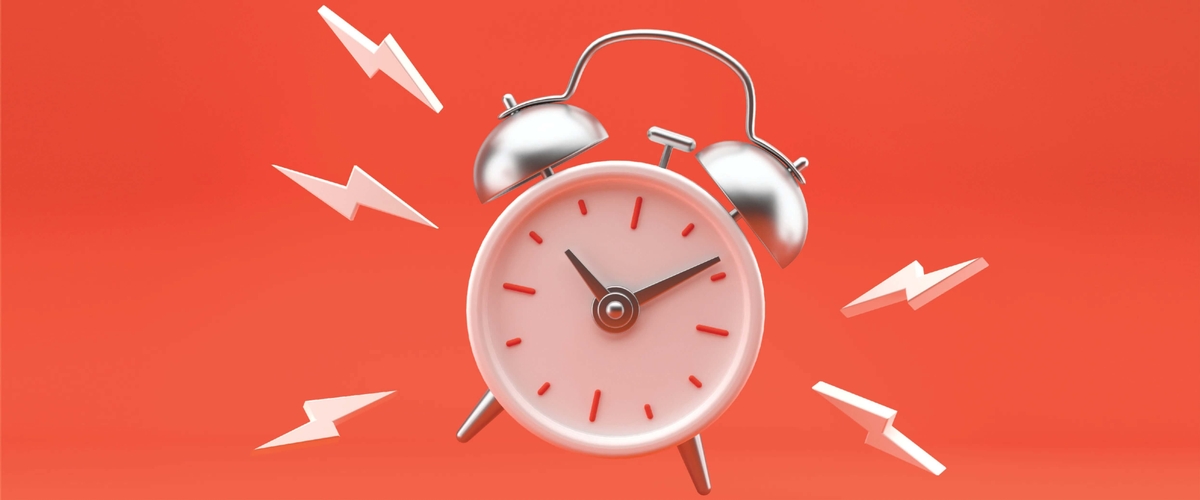Seven Tips to Make Daylight Saving Time Easier

When we advance our clocks one hour, our sleep quality may fall back, but there are ways to lessen the impact.
Slowly Adjust Your Schedule. The week prior to daylight saving time, gradually shift your bedtime and wake-up time by about 15-20 minutes each day. Practicing deep breathing and mindfulness meditation may help to gradually adjust your bedtime.
Sleep Well Beforehand. Obtain quality sleep in the days leading up to the time change. If already feeling sleep-deprived leading into the time change, you are more likely to experience ill effects. Bank sleep, get extra sleep beforehand to better cope with the time change. Building up this reserve may also assist in staying awake during the day and avoid involuntarily dozing off.
Set Your Clocks Before Bed. Manually change any clocks prior to going to bed, so that you don’t accidentally reference the wrong time. Cell phones and other electronic devices should automatically update. If devices are not set up to update the time automatically, make sure to change those settings prior to going to bed.
Prioritize Daylight Exposure. Our circadian rhythm is greatly impacted by light, so making sure you are getting daylight exposure following the change to daylight saving time can help us acclimate to the new timing of light and dark. Getting outside in the morning is ideal. If it is too cold outside, open the curtains and sit near a window.
Take Precautions. Try to not overload yourself with obligations on Sunday and Monday, as most experience daytime sleepiness. Schedule important meetings for later in the week when you’ve had more time to adjust. It’s also best to avoid long drives right after the time change, as there is an increased risk of drowsy driving.
Evaluate Your Sleep Hygiene. Do you have healthy sleep habits? Is your bedroom set up for optimal sleep? Daylight saving time is a great time to evaluate sleep habits and make adjustments. Below are a few things to consider.
- Go to bed and get up at the same times, regardless of the day of the week.
- Follow a sleep routine that prepares the mind and body for sleep.
- Turn off electronic devices at least 30 minutes or more before bed.
- Don’t use electronic devices in bed.
- Limit or avoid caffeine and alcohol in the afternoon and evening.
- Switch out curtains for light-blocking types.
- Use a sleep mask and/or earplugs.
- Replace your mattress if it’s worn and uncomfortable.
- Switch out bed linens for ones that feel the coziest.
- Lower the thermostat at night.
Eat a Healthy Diet. Proper nutrition is tied to sleep. Below are some food-related sleep disruptions.
- Eat dinner at least a few hours before going to bed. Give the body the time it needs to begin digesting the meal.
- Limit heavy and spicy foods in the evening.
- If working out at night or late afternoon, check the post-work-out supplement labels. Read all product labels and know how many milligrams of caffeine you are truly consuming in a day.
Contact Semper Fit for sleep coaching tips and make sleep part of your fitness plan today.